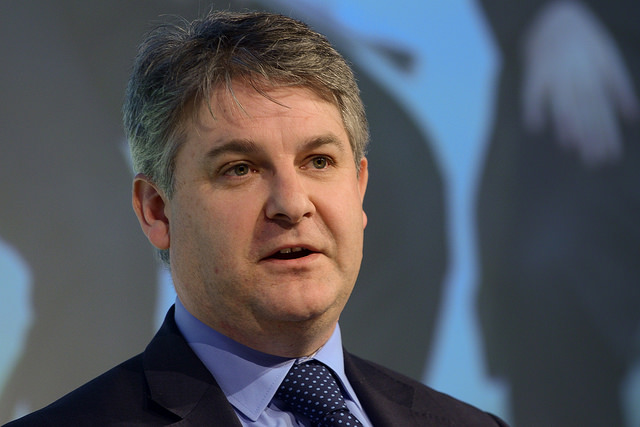Philip Davies, MP for Shipley, is notorious for his sexist remarks and holding some of the most socially right-wing views in parliament – in 2013 he was one of 136 Conservative MPs that voted against same-sex marriage. His re-election to the Women and Equalities Committee is a step backwards for equality.
The role of the Women and Equalities Committee is to scrutinise the government on matters of equality, dealing in issues of “sex, age, race” and other social dynamics. Why, then, has a place on this committee – a body that is not only supposed to celebrate diversity but act as a driving force for more inclusive politics – been given to a politician who has made it his parliamentary career to belittle and attempt to reverse the progress made in equality, representation and diversity?
Looking closely at Davies’ voting record and speeches in the House of Commons, his position becomes hard to justify. Voting against same-sex marriage, he claimed that same-sex couples, who have the choice of a civil partnership or marriage, are “more equal” than straight couples; he campaigned to have ‘Women’ removed from the committee’s title, citing “feminist zealots” as ruining its work; and, most recently, spoke for 78 minutes in an unsuccessful attempt to block the ratification of the Istanbul Convention, on the premise that provisions to prevent domestic violence against women would discriminate against men.
Davies’ stance on equality can be summarised by his speech at the second reading of the Prisons and Courts Bill in March. He said, “Surely we should just be interested in recruiting the best people. It should be irrelevant whether they are men or women, black or white, Christian or Muslim… surely that is what equality means in this day and age”.
In placing merit over real-life injustices, representation imbalances and historic discrimination, Davies failed spectacularly to grasp the concept of inequality and intersectionality. Instead Davies’ election has brought prejudice and delivered a devastating blow to the potential work of the committee.
But Davies alone is not to blame for shortfalls in matters of equality on the committee; he is merely a product of it. The committee fails in wider matters of representation. The committee is made up of nine MPs, but only one of them, Tulip Siddiq, is BME. The responsibility of bringing BME experiences and scrutiny to the government lies in the hands of one individual. She is an admirable politician, yes; but broadly representation is lacking. The position Davies holds is even more frustrating as it could have been given to an MP who would push for progress and fairly represent the UK.
We have the most diverse parliament ever, but progress cannot be made when different experiences are not brought to matters of representation and equality. Where is Tan Dhesi, the first turban-wearing Sikh MP? Or for that matter, where are the black, Jewish and LGBTQ+ MPs? Why does yet another straight white man who openly spreads prejudice against those different to him, get a say in matters of equality, when so many other voices have been ignored?
The only hope is that, for once, Philip Davies is forced to listen and maybe learn something about inequality from those who directly experience it.
Image: Mark Hakansson

